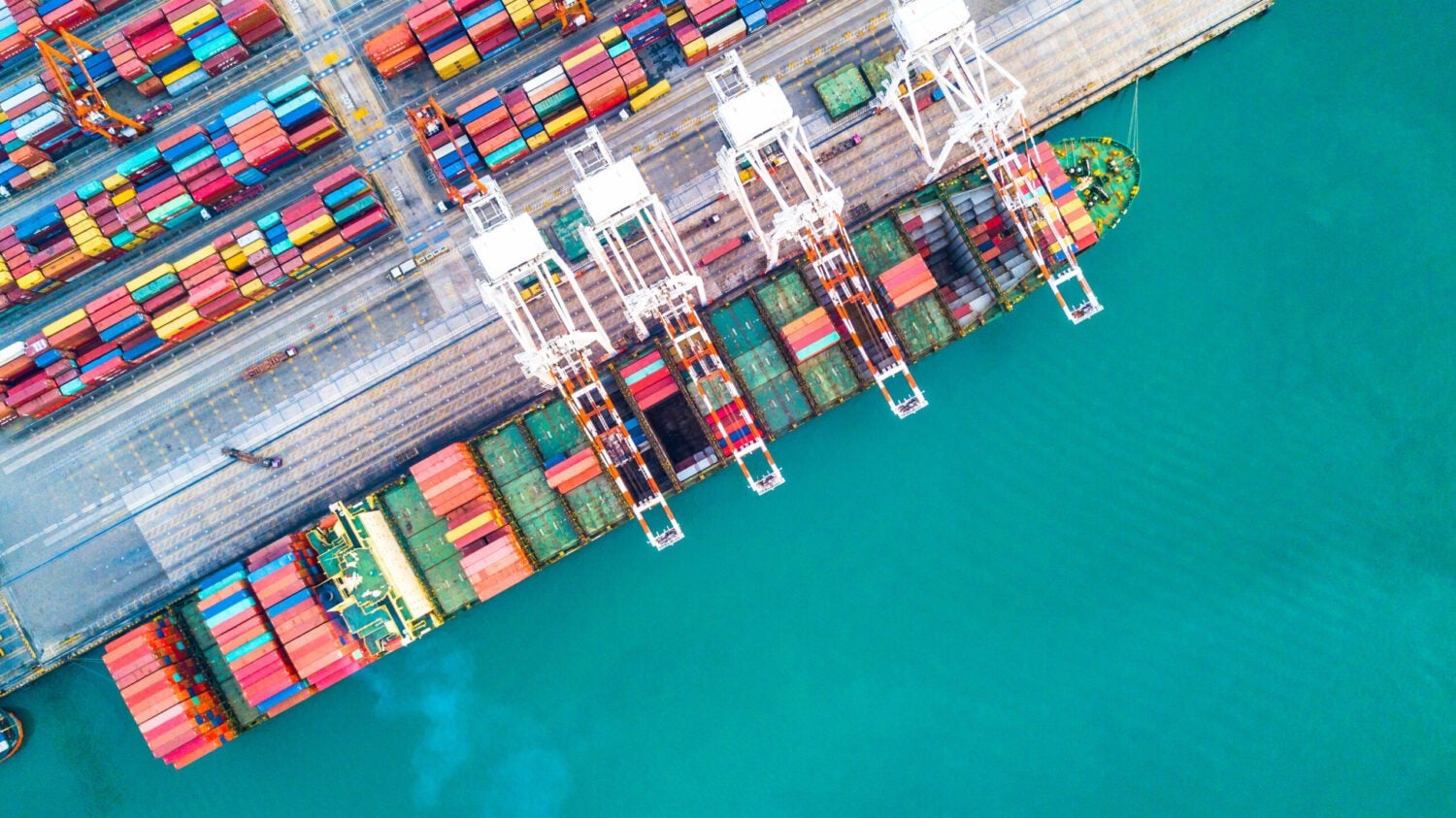With the Uyghur Forced Labor Prevention Act (UFLPA) coming into force on June 21, 2022, it’s important for manufacturers to be aware of its requirements so they can maintain U.S. market access.
The UFLPA is yet another indication that the U.S. government is increasing efforts to address forced labor and other human rights violations in supply chains. The strong enforcement power available to U.S. Customs and Border Protection (CBP) through the use of withhold release orders (WROs), combined with the risk of violating sanctions against specified Chinese entities and individuals, means companies must prioritize UFLPA compliance to avoid potentially serious consequences that will arise from non-compliance, including fines and lost market access.
What Is the UFLPA?
President Biden signed the UFLPA into law on December 23, 2021, and it will come into force on June 21, 2022. It establishes a rebuttable presumption that all goods made in whole or in part in the Xinjiang Uyghur Autonomous Region (XUAR) of China, are made with forced labor. They are therefore banned from import into the U.S. under Section 307 of the Tariff Act of 1930. Such goods will be seized at U.S. borders. It is worth noting that the scope of the act extends beyond the XUAR. The rebuttable presumption of forced labor — a blanket presumption that does allow for specific exceptions — attaches to all goods, wares, articles, and merchandise made by Uyghurs, Kazakhs, Kyrgyz, Tibetans, or members of other persecuted groups in any other part of China. The act is expected to affect over 50 percent of U.S. imports and over 11,000 companies.
Furthermore, even if your product is made in a different country, like Malaysia, but uses parts from the XUAR, it will be considered in scope and will be seized at the U.S. border. It is therefore extremely important that companies are able to see deep into their supply chain and assess compliance concerns. The wide-reaching impacts of this act can affect you, even if you don’t think it will.
Severe Penalties for Non-Compliance
Penalties for a UFLPA violation will likely be high and involve civil or criminal penalties, or both. At the very least, not only will impacted goods be seized at the border, but the resulting disruption threatens both brand reputation and customer contracts.
What to Do if Your Company Imports Into the U.S.
While this is a rebuttable presumption that allows for exceptions, the documentation required to meet the “clear and convincing” evidence threshold is extensive and onerous, especially when sourcing from the XUAR.
Companies should adopt robust due diligence practices, as outlined in advisories issued by US government agencies for businesses in relation to the XUAR. Such due diligence, anchored in key international guidelines such as the UN Guiding Principles on Businesses and Human Rights and the OECD Guidelines on Multinational Enterprises, will put companies in a better position to avoid UFLPA non-compliance risks.










